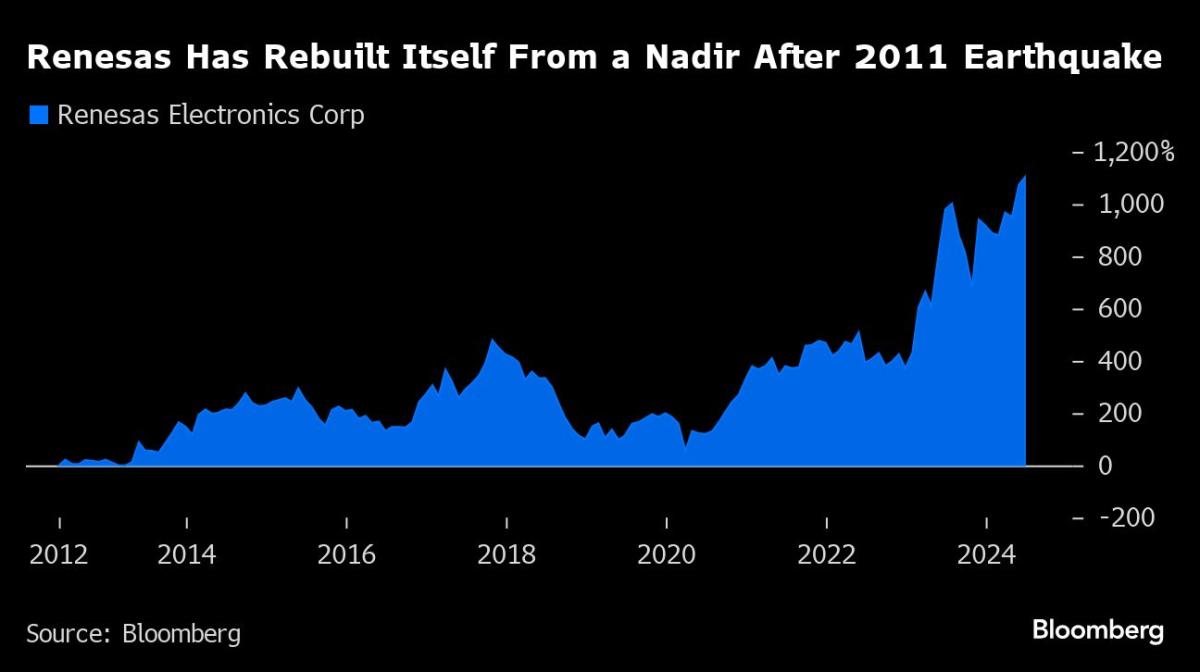“Strengthen, don’t weaken”: Big industry calls for a policy that promotes environmental protection

Some of the world’s biggest businesses and finance companies have called on governments to take more ambitious action this decade to halt and reverse nature loss, while diplomats are stepping up preparations for the next UN Biodiversity Summit, to be held in Colombia in the autumn.
More than 130 companies – including well-known names such as Danone, Decathlon, H&M Group, Nestlé, Unilever, Salesforce and Volvo – have signed a statement calling on governments to adopt and enforce environmental policies that can accelerate corporate action to protect and restore nature this decade.
The appeal comes ahead of the UN Biodiversity Summit COP16, due to take place in Cali, Colombia at the end of October. It will be the first meeting of governments since they agreed on a set of new goals and targets to halt and reverse nature loss by 2030.
“With 100 days to go until the UN Biodiversity Conference COP16 in Colombia, we are at a critical juncture,” the joint statement said. “The window of opportunity to build a thriving, nature-friendly, climate-neutral and equitable economy is closing fast. We can change this, but only if the public and private sectors urgently join forces and accelerate efforts to ensure ambitious policies and decisive corporate action for the good of nature.”
It continues: “We need immediate leadership from governments to strengthen – not weaken – policies, incentives and laws to encourage companies to take the necessary actions to halt and reverse nature loss by 2030.”
At the COP15 biodiversity summit in Montreal in 2022, almost all governments – except the United States, which has not signed the UN Biodiversity Convention – agreed on a set of nature targets for 2030. These included pledges to increase nature finance for developing countries to nearly $39 billion a year and to formally protect 30 percent of land and sea areas. Governments also agreed to phase out nature-destructive subsidies and require large companies and financial institutions to monitor their risks, dependencies and impacts on nature.
At COP16 in Cali, all governments must present revised national biodiversity strategies and action plans outlining how they intend to integrate the goals and targets of the Kunming-Montreal Global Biodiversity Framework into their national policy planning.
Rishi Kalra, managing director and CFO of food ingredients distributor Ofi, said it was critical that governments put forward ambitious plans. “Every crop we grow or source is connected to nature and we believe businesses and financial actors must work together to understand the true cost of agriculture to nature and drive action to protect biodiversity and build natural capital in sourcing landscapes,” he said. “Ahead of COP16, we are calling on governments to put in place strong regulations that inspire meaningful action and enable businesses to make better choices for a nature-friendly economy.”
The declaration, convened by the Business for Nature coalition, sets out five broad recommendations for governments ahead of the COP16 summit. These include ensuring that economic and financial actors protect nature and restore degraded ecosystems, as well as ensuring sustainable use of resources to reduce negative environmental impacts.
The companies also call on governments to “value and embed nature” in decision-making and disclosure requirements, align all financial flows to support the transition to a nature-friendly, zero-emission and equitable economy, and adopt or strengthen ambitious global agreements to address key challenges related to nature loss.
In a separate report on July 16, Business for Nature supplemented the five recommendations with 20 concrete policy demands ahead of the summit. These include calls for subsidy and tax reform, a ban on deep-sea mining, the adoption of an ambitious global plastics treaty and a ban on land conversion in certain important protected areas.
The document also calls on policymakers to encourage and enable the widespread adoption of sustainable resource management plans by companies, support agroecological and regenerative farming models, and introduce binding water use and quality targets for industry.
“Companies are joining forces and calling on governments to give them the regulatory certainty they need to transform their operations and supply chains,” said Eva Zabey, CEO of Business for Nature. “Our policy demands show governments how to make this happen. Only through joint efforts will we be able to drive the global system change needed for a nature-friendly, climate-neutral and just economy.”
According to Business for Nature, large companies are increasingly aware of the need to transform their operations and value chains to protect and restore nature. Nine companies – including Decathlon, Holcim, GSK, Kering and Tetra Pak – have developed corporate environmental protection strategies that are supported by the “It’s Now for Nature” campaign.



